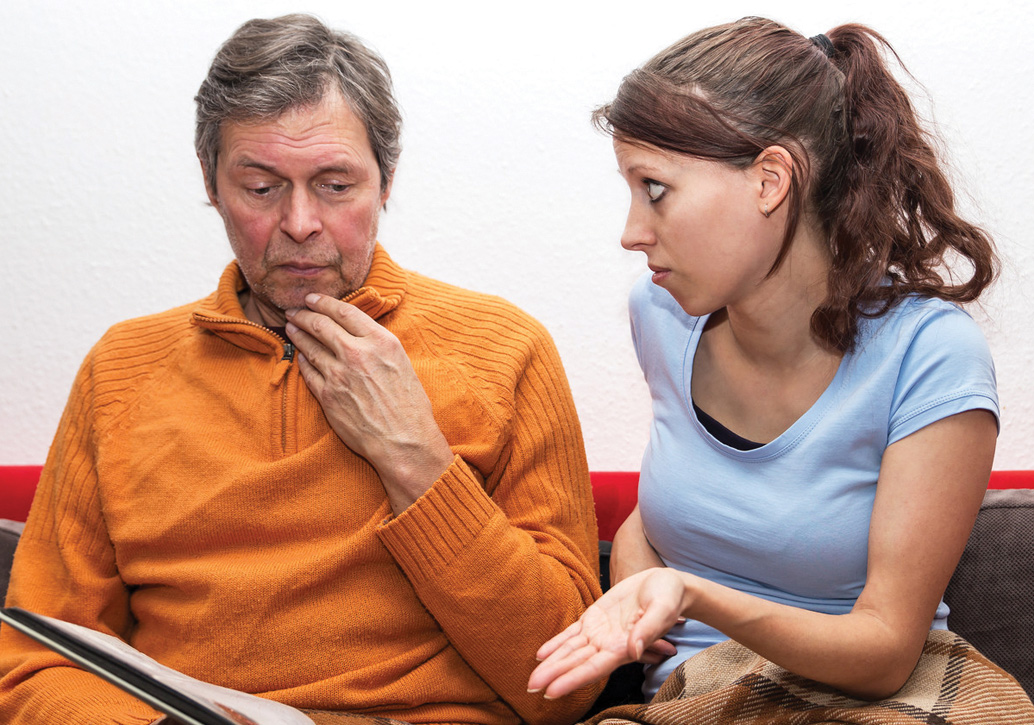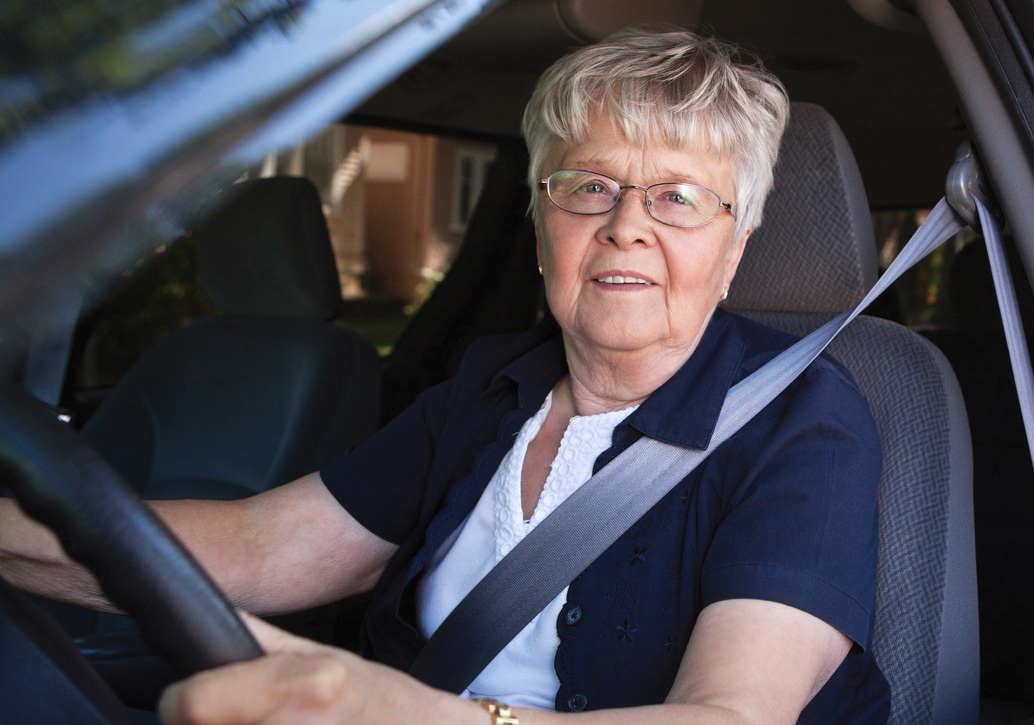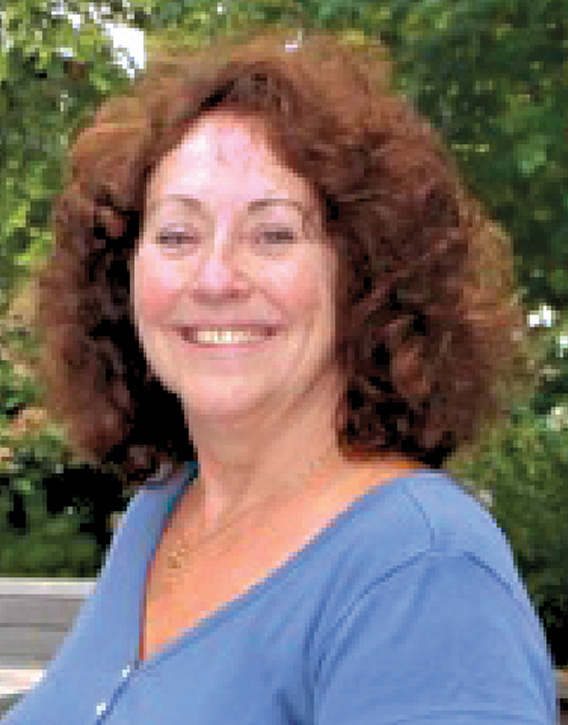 TIME FOR A BREAK
TIME FOR A BREAK
Q) I’m going away for a week’s holiday and am worried that my sister won’t be able to manage our dad’s angry outbursts. He has early-onset dementia and his day-to-day care can be difficult.
Looking after yourself is crucial when you are a caregiver, so be sure to get away! It is often difficult for caregivers to take a break or depend on others, especially when you don’t know how well someone else will be able to step in and provide care.
In the case of a person with dementia, any change can be a trigger for an outburst so familiarity with routines and situations is key. Getting your sister involved ahead of time will help. Your dad needs to become familiar with her presence and her approach. Similarly, your sister will benefit from seeing how your dad reacts to things and how you handle his reactions. Leave notes outlining day-to-day activities and tips so that your sister can better understand your dad’s behaviour and to help her cope.
for an outburst so familiarity with routines and situations is key. Getting your sister involved ahead of time will help. Your dad needs to become familiar with her presence and her approach. Similarly, your sister will benefit from seeing how your dad reacts to things and how you handle his reactions. Leave notes outlining day-to-day activities and tips so that your sister can better understand your dad’s behaviour and to help her cope.
Your family might also benefit from connecting with your local chapter of the Alzheimer’s Society, where you will find information, resources and supports.
DRIVE SAFELY
Q) Does the doctor have to take away my mother’s driver’s licence if she has Alzheimer’s? Strange as it sounds, she’s okay driving.
Driving is very important. It gives people independence and can be significant for keeping appointments, managing daily activities and generally enjoying life. Losing one’s licence can be terrifying. Your mother’s doctor must follow ministry guidelines about your mother’s safety or the safety of others when she is driving.
In Ontario, the “gold standard” for determining whether someone is safe to continue driving is based on a formal on- and off-road driving test. These tests cost money and are only offered at certain locations. Your mother should talk with her doctor about her ability to drive. He or she might want other members of the healthcare team (e.g., an occupational therapist or neuropsychologist) to assess her situation. Your mother might be safe to drive now, but you might want to consider discussing alternatives with family and friends.
Visit olderdriversafety.ca for a helpful tip sheet for older drivers.
 FAMILY STRUGGLES
FAMILY STRUGGLES
Q) I’m the primary caregiver for my mother. No one else does anything, but they all complain about what I’m doing—or not doing. I’m getting worn down?
Families have their own unique characteristics. They can bring us joy and frustration, in equal measure! Your family members might be feeling helpless or guilty about the situation and expressing these feelings through anger and complaints. If talking things out is not the solution for you then try to focus on yourself—how you are feeling and what you need.
Look after yourself; get some physical exercise so you feel  energized; take some time out to relax; and recognize the signs of your own stress and don’t let it get the best of you. If your mother’s needs are being met then you are doing a good job. That may be all that matters. If you have a friend you can reach out to then do so. And don’t hesitate to look for support elsewhere, outside of your family, if possible.
energized; take some time out to relax; and recognize the signs of your own stress and don’t let it get the best of you. If your mother’s needs are being met then you are doing a good job. That may be all that matters. If you have a friend you can reach out to then do so. And don’t hesitate to look for support elsewhere, outside of your family, if possible.
For more on this, check out the Public Health Agency of Canada (phac-aspc.gc.ca).
Sylvia Davidson is the manager/professional practice chief for occupational therapy at Baycrest Health Sciences in Toronto. Over the past 25 years, she has worked with older adults in acute care, rehabilitation, long-term care and the community. Sylvia is also a lecturer at the University of Toronto.













